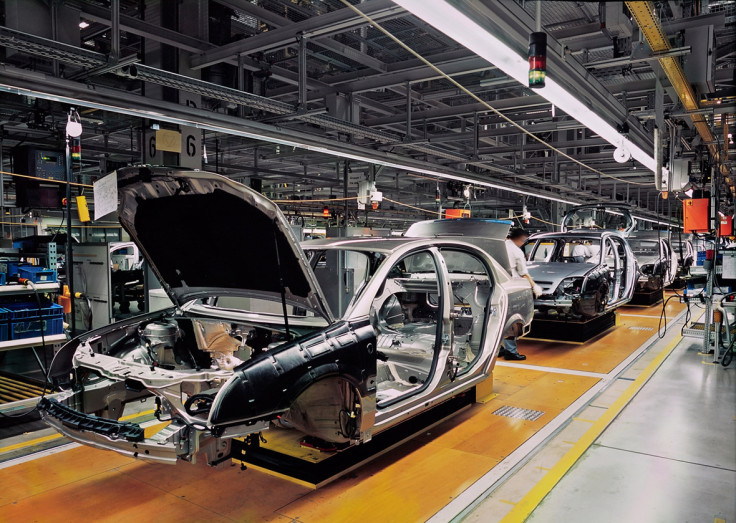UK manufacturing sector begins 2017 on solid footing but inflation costs hit record high
Markit PMI meets expectations, as output grows at fastest pace since May 2014 but inflation costs hit record high.

Britain's manufacturing sector performed in line with expectations in January, but input costs grew at a record high, according to a survey by IHS Markit and the Chartered Institute of Procurement & Supply (CIPS) released on Wednesday (1 February).
The Markit's Purchasing Managers' Index (PMI) declined from a two-and-a-half year-high of 56.1 in December to 55.9 last month, marking the sixth consecutive month of expansion and in line with analysts' expectations.
The latest expansion of manufacturing production was underpinned by a solid increase in new order intakes, while the rate of growth in new business declined compared to December, but remained well above the long-run survey average.
Meanwhile, output grew at the fastest rate since May 2014, boosted by strong domestic demand, with intermediate goods producers registering the strongest output expansion, while the investment and consumer goods sectors also recorded solid growth.
However, the rate of growth in exports was considerably slower than that recorded in the previous month. The firms which reported an increase in new business from overseas customers, said this was linked to improving global market conditions and the weak sterling exchange rate.
The effects of the weaker pound are beginning to be felt across the sector, with input cost inflation spiking to the highest seen since data were first collected in 1992 and over 55% of companies linking rising costs to the exchange rate.
"With cost pressures increasingly feeding though to higher selling prices at factories, it looks inevitable that consumer price inflation will rise further in coming months," said Rob Dobson, senior economist at IHS Markit.
"The question is whether increased cost inflationary pressure will act as a drag on manufacturing growth going forward."
However, with business confidence climbing to an eight-month high, Dobson added the outlook for the sector remained fairly bright.
"Taken alongside robust output growth, rising new order inflows and job creation, all signs are pointing to a solid contribution to UK GDP from manufacturing during the opening quarter of 2017," he explained.
© Copyright IBTimes 2024. All rights reserved.






